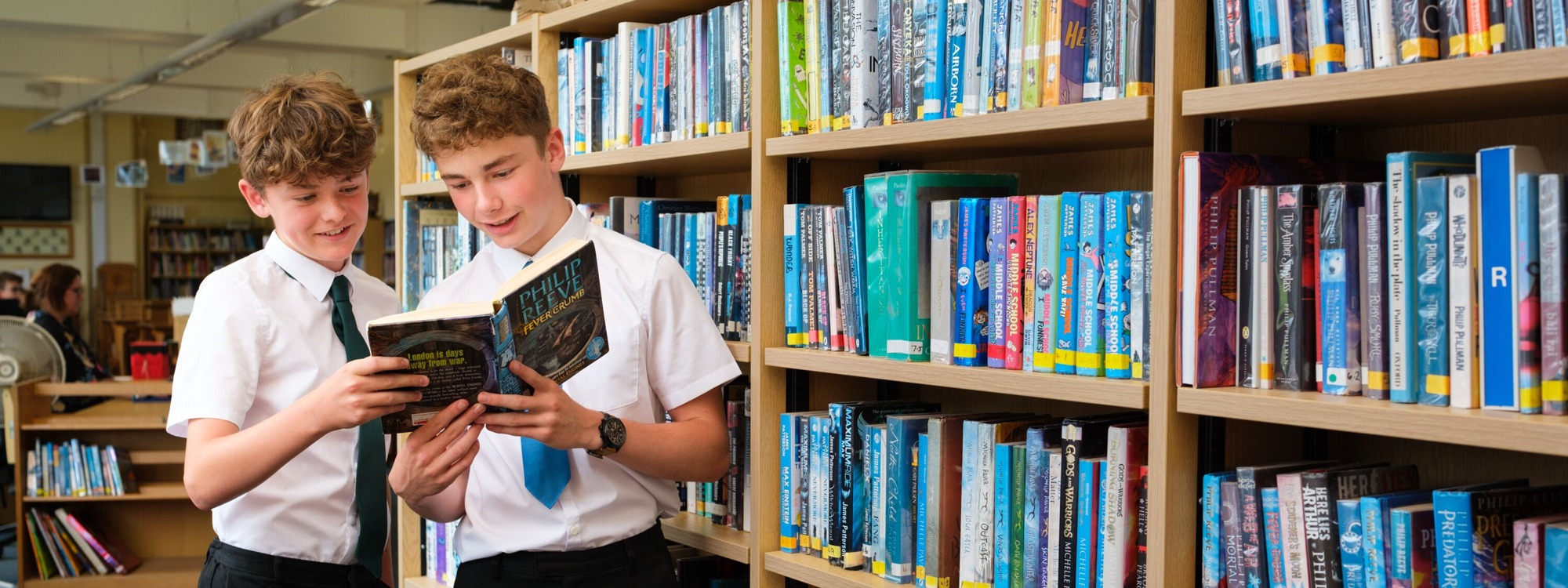- Home
- Curriculum
- Subject Information
- English
English
| Name | Role | |
|---|---|---|
| Mr A Stevenson | Director of English | A.Steveson@beverleygrammar.co.uk |
| Mrs H Kerins | KS Coordinator | H.Kerins@beverleygrammar.co.uk |
| Mrs C Ward | KS Coordinator | C.Ward@beverleygrammar.co.uk |
| Miss A Barnes | Teacher | A.Barnes@beverleygrammar.co.uk |
| Miss A Gordge | Teacher | A.Gordge@beverleygrammar.co.uk |
| Miss A Bradley | Teacher | A.Bradley@beverleygrammar.co.uk |
| Mrs C Hardy | Teacher | C.Hardy@beverleygrammar.co.uk |
| Mr G Lomotey | Teacher | G.Lomotey@beverleygrammar.co.uk |
| Mr M Richardson | Teacher | M.Richardson@beverleygrammar.co.uk |
The English curriculum at BGS is designed around our core principles of CARE. We desire to make our students confident in their ability to communicate with others, fostering an appreciation of language and being able to express themselves creatively.
Students are given ample opportunities to develop their skills in oracy and writing. We have crafted the curriculum in a way that allows students to be ambitious when exploring how to communicate with others, developing the necessary resilience to overcome obstacles when they reflect on their work and apply regular feedback given to them in lessons.
In addition to this, we are determined to develop critical thinking in our students. We carefully select texts to study at KS3 which deliberately explore complex themes from around the world, allowing our students to empathise whilst analysing a writer’s craft.
Ultimately, our curriculum is designed to ensure all our students have the chance to maximise their potential. KS3 provides a solid foundation before students complete GCSEs and A-Levels. However, more importantly than this, the entire English curriculum is designed to create confident, ambitious and resilient students who are able to empathise with their fellow citizens.
